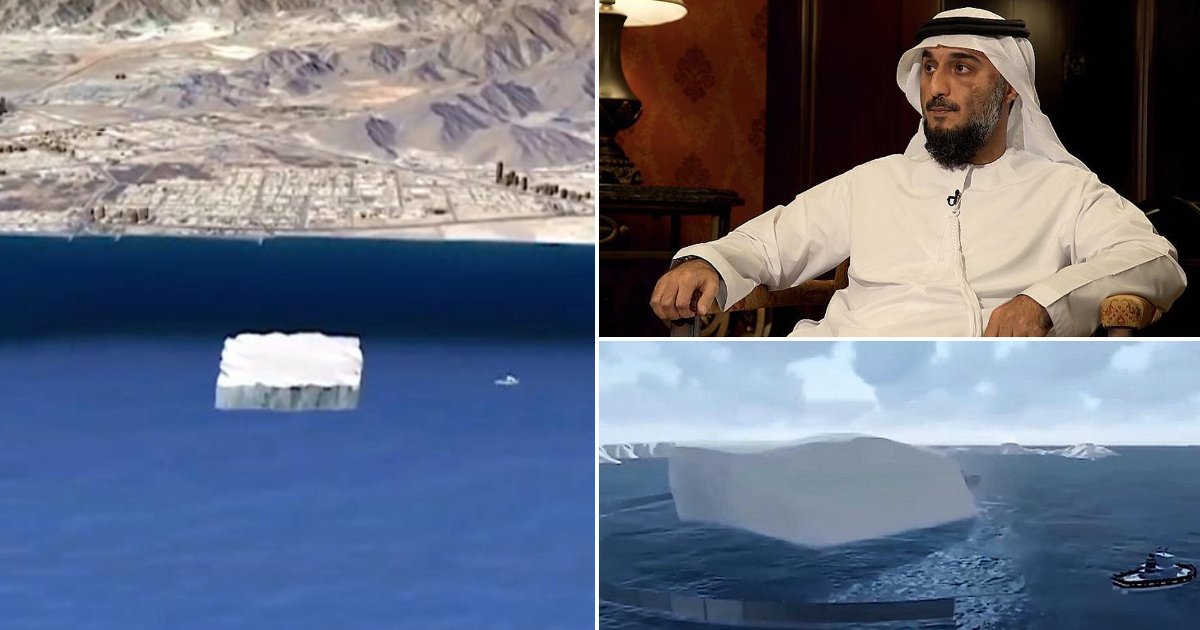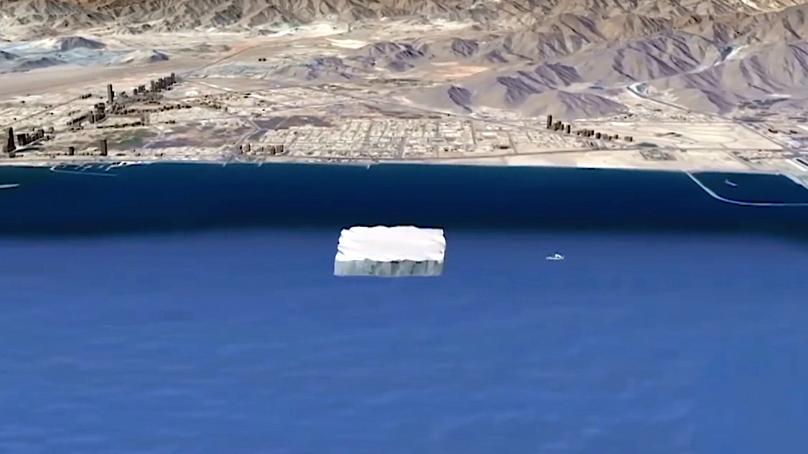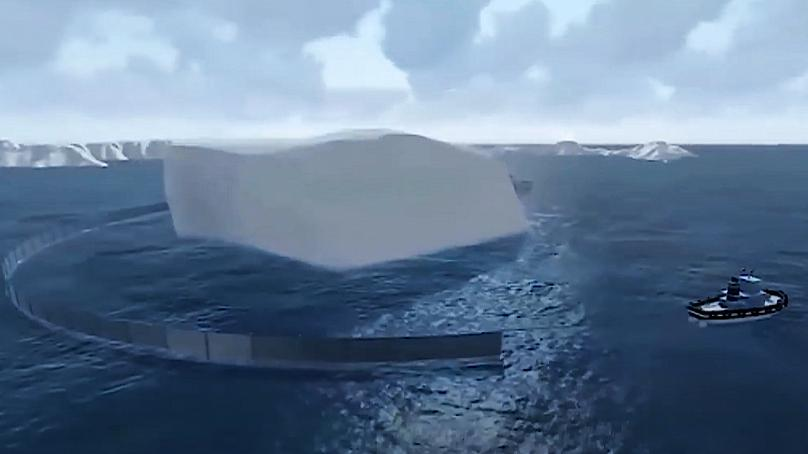The United Arab Emirates has long struggled with its freshwater supply, but an ambitious project is trying to change that.
Initially proposed two years ago, the plan is simple: just drag an iceberg about 1,000 kms off the coast of Antarctica and get all the fresh drinking water the country needs.
While the usual option to get drinking water is installing a Reverse Osmosis plant, which desalinates the seawater to make it fit for human consumption, the rich blokes from the UAE are up to something more interesting.
They believe they can easily bring an iceberg from the polar regions to the equator, and get fresh water from it.
And if you think this is something impossible, you might be wrong. Because the project has already started under the supervision of experts from around the world.
Initially, they will be conducting a test this year to validate if the plan can work.
The test phase, which will cost around $80 million, includes dragging a mass of Antarctic ice to either the eastern coast of South Africa or the western coast of Australia.
Chances are, the iceberg will be dragged to Perth because it comes from Heard Island, a region owned by Australia.
However, the project needs to get a green signal from Australia first.
“As per our analysis, it will be cheaper to bring in these icebergs rather than using desalination water,” UAE investor and entrepreneur Abdulla Alshehi told Euronews.
“Desalination plants require a huge amount of capital investment and mean pumping a huge amount of sea water to the gulf, killing fish and marine life.
“We believe it will be economically better and more environmentally friendly to use the icebergs, not just for the United Arab Emirates, but throughout the world.”
If they succeed in bringing an iceberg that’s 500 meters wide and 2,000 meters long, they can get enough water for around one million people for five years, according to the Daily Mail.
The project also aims to create a mini climate around the United Arab Emirates, as the experts believe the iceberg will draw rain clouds toward itself.
The UAE, which consumes more water than twice the global average consumption, has one of the world’s most arid climates as it receives less than four inches of annual rainfall.
If the project works out as expected, it could start an era of stealing icebergs from the polar regions for the people residing in the tropical ones.





